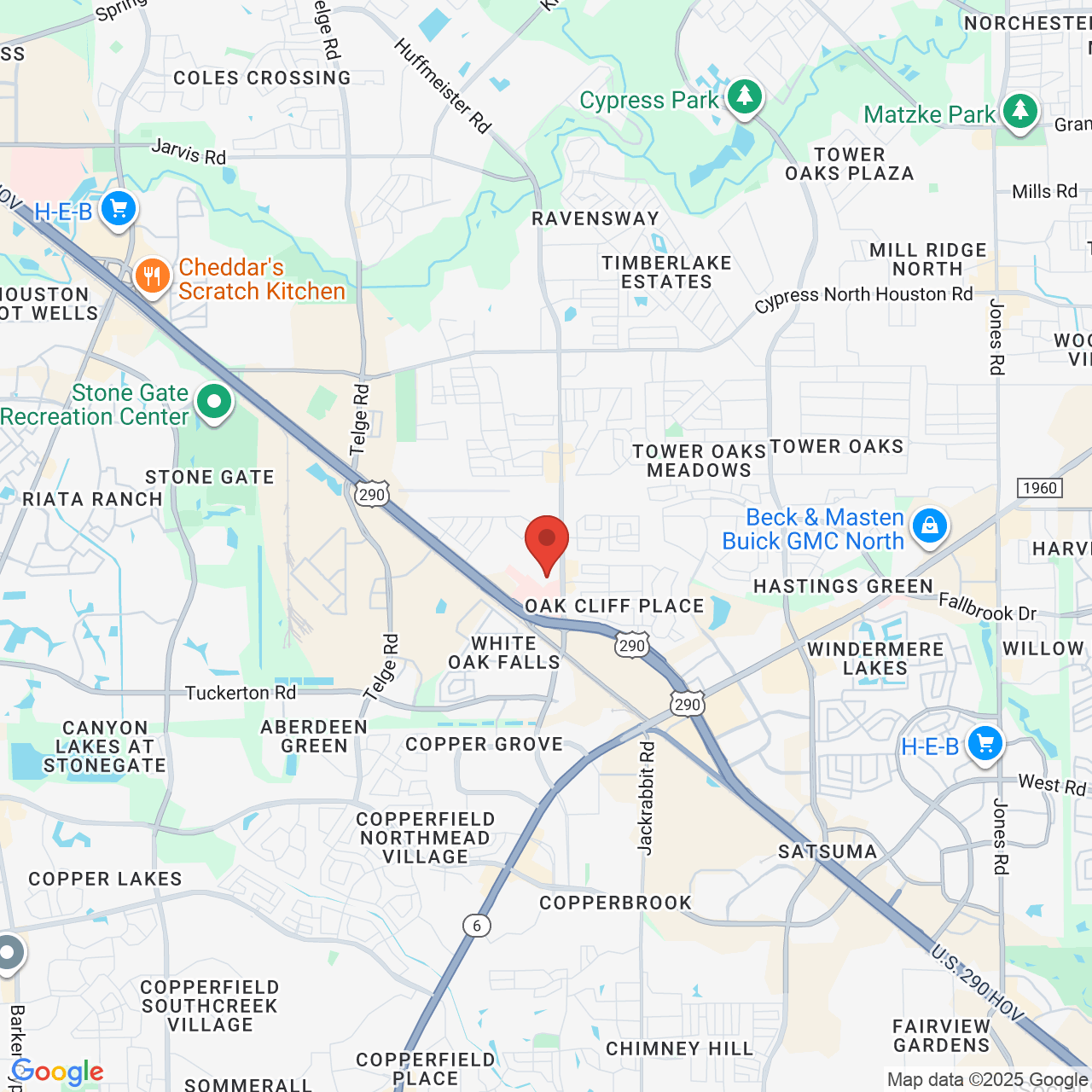Description
This is an animated demonstration of how a gastric bypass procedure is performed. Through small incisions, Dr. St. Laurent will staple off sections of the stomach to create a reduced stomach pouch. The small intestine is then separated into two sections so that food can pass directly into a point further along in the small intestine.
View transcript
To gain access to the abdominal cavity, small incisions are created on the abdomen. Trocars, which serve as passageways for the surgical instruments, are placed into the incisions. The surgical instruments are passed through the trocars to access the abdominal cavity. The surgeon examines the abdominal cavity using a laparoscope or video camera.
A small stomach pouch is created using a stapling device. The small intestine is separated into two sections. The lower portion of the small intestine is attached to the newly created stomach pouch. This allows food to pass directly into the small intestine where digestion continues.
The upper portion of the small intestine is reconnected to the lower part of the intestine. The bile and pancreatic fluids from the liver and pancreas allow food to be completely digested.
By altering the anatomy of the gastrointestinal tract, gastric bypass changes signals in the body, resulting in decreased hunger and increased feelings of fullness after meals.
As with all weight loss procedures, behavior modification and dietary compliance plays a critical part in determining the long-term success of the procedure. All surgery presents risks. Weight, age and medical history determine your specific risks. Ask your doctor if bariatric surgery is right for you.




































